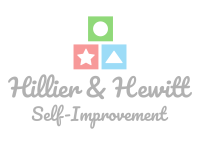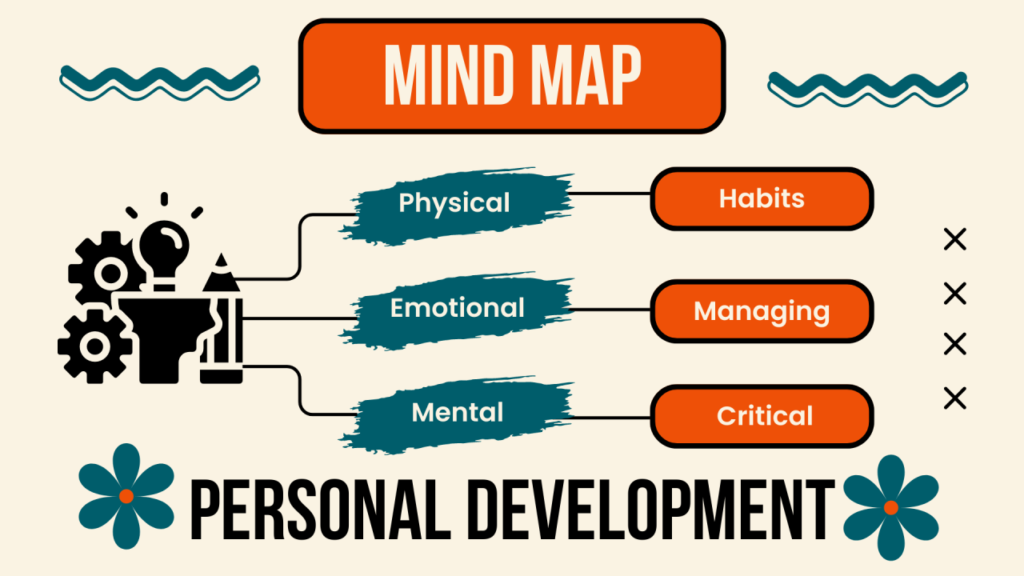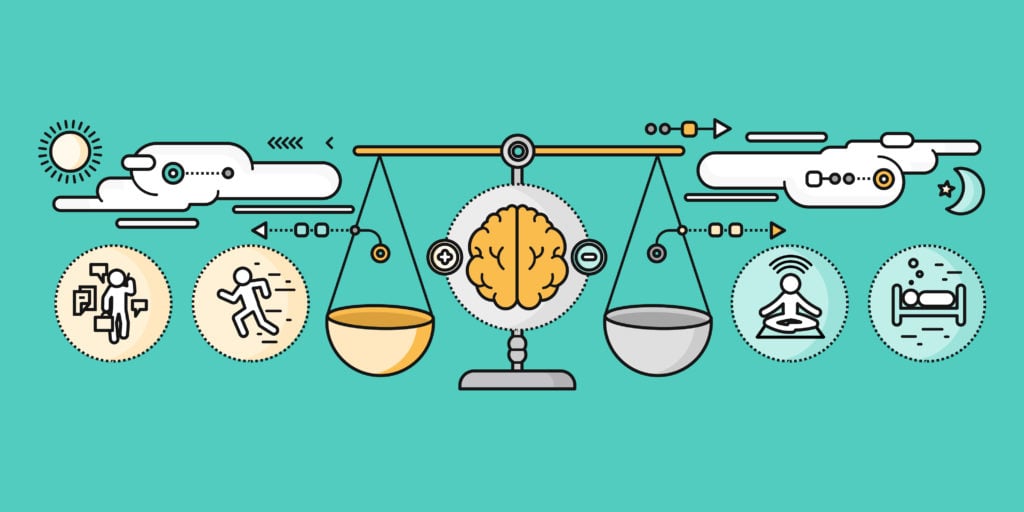Life is full of challenges, from personal losses and health issues to career setbacks and unexpected changes. Resilience is the ability to navigate these difficulties, adapt to change, and emerge stronger than before.
Developing resilience is crucial for maintaining mental health and well-being, enabling individuals to handle stress more effectively and recover from adversity with greater ease.
This article explores the importance of resilience, strategies to build it, and how to maintain it through various stages of life.
Understanding Resilience
Resilience is not just about “bouncing back” from adversity; it’s about growing and improving through the process. Resilient individuals can manage stress, maintain a positive outlook, and continue to move forward despite difficulties. They exhibit a combination of psychological strength, emotional intelligence, and adaptability that allows them to recover from setbacks and find new ways to thrive.

Research in psychology indicates that resilience is influenced by a combination of genetic, environmental, and personal factors. While some people may naturally possess a higher degree of resilience, it is a skill that can be developed and strengthened through intentional practice and mindset shifts.
The Importance of Resilience
Building resilience is essential for several reasons:
- Mental Health: Resilience helps protect against the negative effects of stress, reducing the risk of anxiety, depression, and other mental health issues.
- Adaptability: Resilient individuals can adapt to change more effectively, finding new paths and solutions in the face of obstacles.
- Performance: Whether in personal or professional life, resilience enhances performance by allowing individuals to stay focused and motivated even during challenging times.
- Relationships: Resilience fosters stronger relationships by promoting effective communication, empathy, and support during difficult periods.
Developing resilience is not about avoiding stress or hardship but learning how to manage and overcome them constructively.
Strategies for Building Resilience
Building resilience involves a combination of mindset, behaviors, and skills. Here are several strategies that can help individuals develop and enhance their resilience:
Cultivate a Positive Mindset
A positive mindset is fundamental to resilience. It involves maintaining a hopeful and optimistic outlook, even in the face of adversity. This doesn’t mean ignoring the difficulties but rather focusing on the possibilities and potential for growth that challenges present.
- Practice Gratitude: Regularly reflecting on and appreciating the positive aspects of life can shift focus away from negativity and foster a more optimistic perspective.
- Reframe Negative Thoughts: Challenge and reframe negative thoughts to find constructive and empowering interpretations of events. This cognitive restructuring can significantly impact emotional responses to stress.
- Set Realistic Goals: Break down larger goals into manageable steps to maintain motivation and a sense of achievement, even during difficult times.
Strengthen Emotional Regulation
Effective emotional regulation is key to managing stress and maintaining resilience. It involves recognizing, understanding, and managing emotions in a healthy way.
- Mindfulness and Meditation: Practices such as mindfulness and meditation can help individuals stay present, reduce stress, and enhance emotional awareness.
- Express Emotions Constructively: Find healthy outlets for expressing emotions, whether through talking with a trusted friend, journaling, or engaging in creative activities.
- Develop Emotional Intelligence: Improve skills in recognizing and understanding one’s own emotions as well as those of others, which can enhance interpersonal relationships and coping strategies.
Build Strong Relationships
Supportive relationships are crucial for resilience. They provide emotional support, practical assistance, and a sense of belonging, all of which can buffer against the effects of stress.
- Nurture Existing Relationships: Invest time and effort into maintaining and strengthening relationships with family, friends, and colleagues.
- Seek Social Support: Don’t hesitate to reach out for help when needed. Whether it’s professional counseling or support from a community group, social support can provide valuable resources and perspective.
- Give Back: Helping others can enhance a sense of purpose and community, which in turn can strengthen one’s own resilience.
Foster a Sense of Purpose
Having a sense of purpose can provide direction and motivation, particularly during challenging times. It can help individuals stay focused on long-term goals and values, rather than being overwhelmed by immediate difficulties.
- Identify Core Values: Reflect on what is truly important and meaningful in life, and align actions and goals with these core values.
- Engage in Meaningful Activities: Pursue hobbies, volunteer work, or career paths that resonate with personal values and interests.
- Set Long-Term Goals: Having long-term goals can provide a sense of direction and purpose, helping to maintain motivation and resilience during tough times.
Develop Problem-Solving Skills
Effective problem-solving skills are essential for navigating challenges and setbacks. They enable individuals to identify solutions, take decisive action, and move forward with confidence.
- Approach Problems Proactively: Rather than avoiding or dwelling on problems, take proactive steps to address and resolve them.
- Break Down Challenges: Divide complex problems into smaller, manageable parts to make them less overwhelming and easier to tackle.
- Learn from Experience: Reflect on past challenges and successes to identify strategies that worked well and areas for improvement.
Maintaining Resilience Over Time
Building resilience is an ongoing process that requires continuous effort and adjustment. As life circumstances change, so too must the strategies for maintaining resilience. Here are some tips for sustaining resilience throughout different stages of life:
Adapt to Changing Circumstances
Life is dynamic, and resilience strategies must evolve accordingly. Stay flexible and open to new approaches as circumstances change.
- Stay Informed: Keep up-to-date with new research and techniques in resilience-building and mental health.
- Adjust Goals: Reevaluate and adjust goals as needed to ensure they remain relevant and achievable.
- Seek Feedback: Regularly seek feedback from trusted individuals to gain new perspectives and insights.
Prioritize Self-Care
Self-care is essential for maintaining resilience. It involves taking deliberate actions to care for physical, mental, and emotional well-being.

- Maintain a Healthy Lifestyle: Regular exercise, a balanced diet, and adequate sleep are foundational to physical and mental health.
- Set Boundaries: Protect personal time and energy by setting and maintaining healthy boundaries in both personal and professional life.
- Practice Relaxation Techniques: Incorporate relaxation techniques such as deep breathing, yoga, or hobbies into daily routines to manage stress effectively.
Embrace Lifelong Learning
Lifelong learning fosters resilience by promoting adaptability and continuous growth. It keeps the mind active and engaged, enhancing problem-solving skills and emotional intelligence.
- Pursue New Interests: Continuously explore new hobbies, skills, and areas of interest.
- Stay Curious: Maintain a sense of curiosity and openness to new experiences and perspectives.
- Invest in Personal Development: Take advantage of opportunities for personal and professional development, such as workshops, courses, or coaching.
Cultivate a Supportive Environment
The environment plays a significant role in maintaining resilience. Surrounding oneself with supportive and positive influences can reinforce resilience-building efforts.
- Build a Support Network: Continuously nurture relationships with supportive and positive individuals.
- Create a Positive Space: Ensure that personal and professional environments are conducive to well-being, with spaces for relaxation and focus.
- Engage in Community: Participate in community activities and organizations that provide a sense of belonging and support.
Overcoming Specific Challenges
Different types of challenges may require specific resilience strategies. Here are some tailored approaches for common life challenges:
Health Issues
Health challenges can be particularly daunting, affecting both physical and emotional well-being. Building resilience in the face of health issues involves focusing on what can be controlled and seeking appropriate support.
- Focus on Recovery: Prioritize health and recovery, setting realistic goals for improvement.
- Seek Professional Help: Utilize healthcare professionals and support groups to access necessary resources and guidance.
- Maintain a Positive Outlook: Cultivate hope and positivity, even when facing serious health issues, to bolster emotional resilience.
Career Setbacks
Career setbacks, such as job loss or missed promotions, can significantly impact self-esteem and financial stability. Resilience in the professional sphere involves maintaining a growth mindset and seeking new opportunities.
- Reframe Setbacks: View setbacks as opportunities for learning and growth, rather than as failures.
- Network: Leverage professional networks for support, advice, and new opportunities.
- Invest in Skill Development: Continuously improve skills and knowledge to enhance employability and career prospects.
Personal Loss
Personal losses, such as the death of a loved one or the end of a significant relationship, can be deeply painful. Building resilience through personal loss involves acknowledging the grief while finding ways to move forward.
- Allow Time to Grieve: Give yourself permission to grieve and process emotions fully.
- Seek Support: Rely on friends, family, or support groups to navigate the grieving process.
- Honor Memories: Find meaningful ways to honor and remember lost loved ones, which can provide comfort and a sense of connection.
Conclusion
Building resilience is an essential aspect of navigating life’s challenges. It involves developing a positive mindset, emotional regulation, strong relationships, a sense of purpose, and effective problem-solving skills. By prioritizing self-care, lifelong learning, and a supportive environment, individuals can maintain and enhance their resilience over time. Whether facing health issues, career setbacks, or personal losses, resilience enables individuals to adapt, grow, and ultimately, bounce back stronger.




